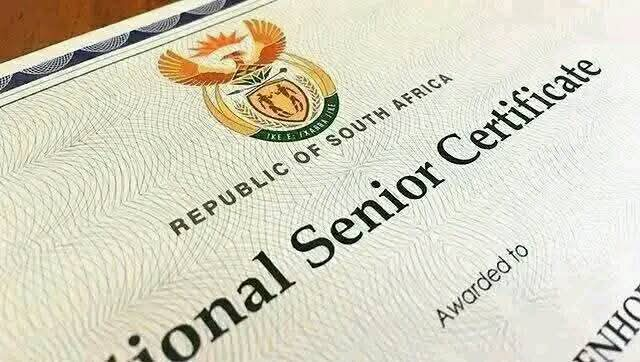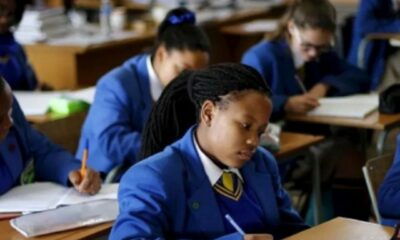News
Matric Results Leak Sparks Outrage: How a Hillcrest Student and Edumarks Website Rocked the Class of 2024

For many South Africans, January is a month of nail-biting anticipation as matriculants wait to see the results of 12 years of schooling. But in 2025, that excitement was overshadowed by scandal when the 2024 matric results were leaked and sold online, days before their official release.
The Department of Basic Education (DBE) insists the breach was not a cyberattack but likely linked to higher education institutions, which had received the data in advance. The fallout has raised serious questions about data security, fairness, and whether learners’ futures are being compromised in the digital age.
How the Leak Unfolded
Basic Education Minister Siviwe Gwarube confirmed that results were given to universities and higher education institutions on 6 January, ahead of the 14 January public release. But by 12 January, the Edumarks website was offering results for R99.90 each.
Alarm bells rang louder when two computer science students, WKirav Doolabh and Veer Gosai, exposed the website’s activities. They even tested its claims by purchasing a learner’s results, which Edumarks emailed back within minutes. Their findings revealed the site was not a scamit had access to the actual matric database.
Initially, the DBE dismissed Edumarks as “bogus.” But as the evidence mounted, it admitted the platform might have colluded with individuals who had inside access to official data.
The Hawks Step In
On 17 January, the Hawks raided a Hillcrest home in Johannesburg, arresting a 21-year-old man linked to Edumarks. Alongside electronic devices, police also discovered an unlicensed shotgun with live ammunition.
The suspect now faces charges of unlawful firearm possession, with further investigations into his role in the leak underway. The Hawks have not ruled out more arrests as they follow the money trail.
Meanwhile, Edumarks’ director, Hafil Dawood, has gone silent. Just months earlier, he was publicly positioning the platform as a tool to “streamline access” to results. Now, his silence fuels speculation about whether Edumarks was always a front for monetising sensitive student data.
The Blame Game: Where Did the Leak Really Happen?
DBE spokesperson Lukhanyo Vangqa stressed that the department’s own IT systems were not compromised. Instead, suspicion has shifted to the country’s universities, represented under Universities South Africa (USAf).
“The department will appoint an independent forensic company to examine the systems of all higher education institutions,” Vangqa said. He added that in future, universities may be cut off from early access to matric data unless they prove their systems are secure.
For universities, the early release of results is criticalthey need to finalise admissions swiftly. But now, that process hangs in the balance.
Public Reaction: Anger, Frustration, and Distrust
On social media, outrage has been swift. Parents vented about the R99.90 “paywall” on what should be free access, while matriculants said their big day was spoiled by stress and uncertainty.
“Imagine working your whole life for this, only to find your marks being sold online like airtime vouchers,” one Johannesburg parent tweeted. Others called for Edumarks to be shut down permanently and for universities to tighten their systems.
Education activists argue the scandal undermines trust in the matric process, which is often hailed as a cornerstone of South Africa’s education system.
A Larger Issue: Data Security in the Digital Age
This leak is not just about one rogue website, it is a warning about the fragility of digital data systems. The DBE has previously come under fire for exam paper leaks, but now the problem has moved to digital platforms where sensitive information can be copied, shared, or sold in minutes.
For South Africa, where online education and digital governance are expanding, the Edumarks saga could become a turning point. Either the state and universities overhaul their IT security or risk repeating the same scandal year after year.
The Hawks’ investigation is ongoing, with a focus on whether Edumarks had help from insiders at universities. The DBE has promised consequences, but it also faces pressure to reassure learners and parents that 2025 won’t start with yet another crisis.
For the Class of 2024, however, the damage is already done. Their milestone moment was clouded by controversy, mistrust, and the unsettling feeling that their personal achievements were treated like commodities.
{Source: Moneyweb}
Follow Joburg ETC on Facebook, Twitter , TikTok and Instagram
For more News in Johannesburg, visit joburgetc.com



























